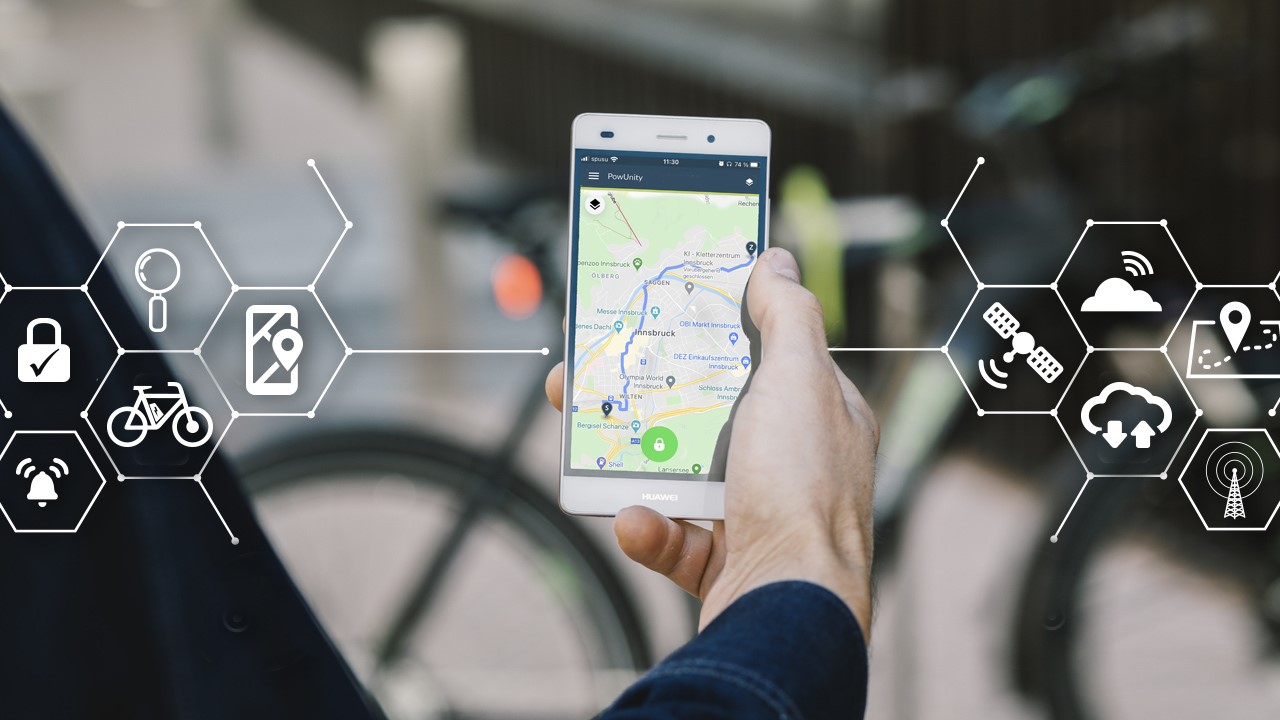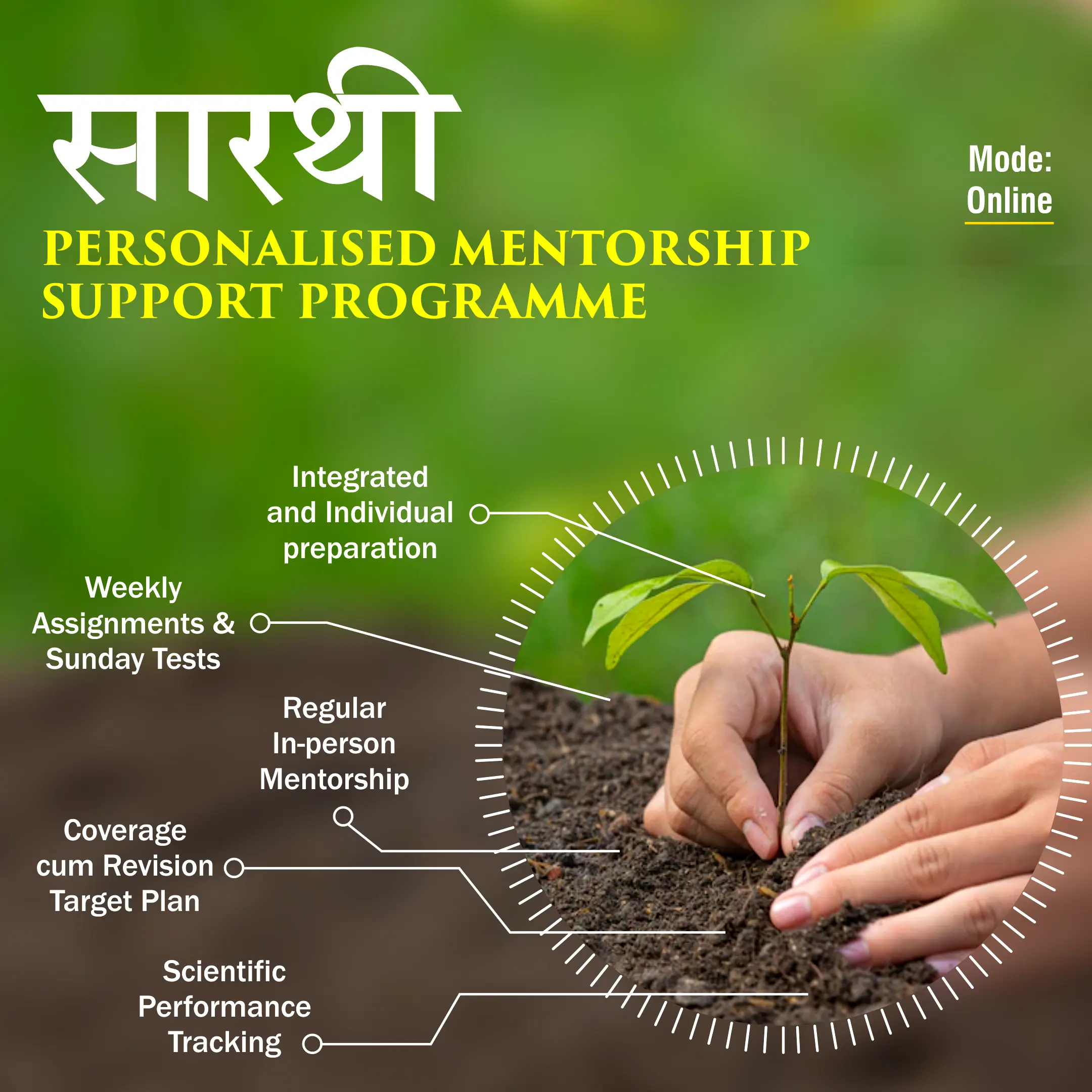
Disclaimer: Copyright infringement not intended.
Context
- A prisoner (Bhat) in Jammu and Kashmir was released on bail after he was tagged with a Global Positioning System (GPS) tracking device to monitor his movements.
- This is the first time in the country that a GPS tracker has been put to such use.
Details
- GPS (Global Positioning System) trackers are devices that use satellite signals to determine and record the precise location of an object or person.
- These trackers leverage a network of satellites orbiting the Earth to provide accurate positioning information in real-time.

Use of GPS Trackers in Bail Conditions
- Global Prevalence: GPS trackers as a bail condition in multiple countries like the US, UK, and Malaysia.
- Debut in India: Bhat’s case marking the first instance of GPS tracker usage for bail.
- Future Indications: J&K Police considering similar measures in upcoming cases.
Legal Standpoint and Lack of Specific Provisions
- Court Sanction: Court approval for employing a GPS anklet on Bhat without explicit legal provisions.
- Human Rights Activists' Concerns: Absence of specific legal frameworks allowing such tracking highlighted by activists.
International Legal Frameworks and Examples
- UK & Malaysia: Legal frameworks in these countries governing electronic monitoring.
- In the UK: Monitoring under the Terrorism Prevention and Investigation Measures Act, 2011.
- In Malaysia: Laws like the Prevention of Crime Act, Security Offences Act, etc., regulating electronic monitoring.
Debate: Advocates vs. Rights Activists
- Supporters' Perspective: Argument favoring GPS trackers making bail easier under strict laws like UAPA.
- Rights Activists' Stand: Assertion that human tracking infringes upon the fundamental right to privacy.
- Human Rights Perspective: Emphasizing the preservation of fundamental rights, citing 'Maneka Gandhi vs Union of India' (1978) where the right to life encompassed human dignity.
Need for Ethical Standards and Consent Mechanisms
- Importance of Standards: Call for ethical guidelines in electronic monitoring by security establishments.
- Informed Consent: Advocacy for a system ensuring informed consent and addressing unethical surveillance practices.
How GPS Trackers Work
- Satellite Network: The GPS system comprises a constellation of at least 24 satellites orbiting the Earth. These satellites continuously transmit signals that GPS devices receive.
- Trilateration: When a GPS tracker receives signals from multiple satellites, it uses trilateration—a geometric principle—to determine its exact location. By calculating the time it takes for signals from different satellites to reach the device, the tracker can pinpoint its position.
- Data Processing: Once the GPS device collects signals from at least three satellites, it calculates its latitude, longitude, and often altitude. This data is then interpreted and displayed using mapping software on a device interface.
Components of GPS Trackers
- GPS Receiver: This component picks up signals from satellites, decodes them, and calculates the device's location.
- Cellular or Satellite Communication: Many GPS trackers include cellular or satellite communication capabilities to transmit location data to a central server or user's device.
- Power Source: GPS trackers can be powered by internal batteries, vehicle power sources, or solar panels, depending on their design and application.
- Memory and Storage: Some trackers store location data internally, while others transmit it in real-time to a server for storage and analysis.
Types of GPS Trackers
- Personal Trackers: Used for individuals, pets, or assets, often in the form of wearable devices or small tags.
- Vehicle Trackers: Installed in cars, trucks, or fleets for tracking their movements and ensuring security.
- Asset Trackers: Employed to monitor valuable assets like containers, packages, or high-value equipment.
- Fitness Trackers: Combine GPS technology with other sensors to track exercise routines, distance traveled, and more.
Applications and Use Cases
- Fleet Management: Tracking vehicles for logistics, route optimization, and maintenance scheduling.
- Personal Safety: Ensuring the safety of children, elderly family members, or individuals with special needs.
- Asset Tracking: Monitoring the location and condition of valuable goods during shipping or storage.
- Outdoor Activities: Supporting hikers, campers, and adventurers with accurate navigation and location sharing.
Benefits
- Real-time tracking and monitoring.
- Enhanced security and theft prevention.
- Improved efficiency in logistics and transportation.
- Safety and peace of mind for individuals and assets.
Challenges
- Battery life limitations in some devices.
- Signal loss in areas with poor satellite visibility (dense urban areas, tunnels, etc.).
- Initial setup and ongoing subscription costs for cellular or satellite connectivity.
Future Trends
- Integration with Internet of Things (IoT) for seamless connectivity.
- Smaller and more efficient devices.
- Enhanced accuracy and reliability through advancements in satellite technology.
Privacy and Ethical Considerations
- GPS tracking raises concerns about privacy invasion when used without consent.
- Regulations exist regarding the use of GPS tracking, especially in sensitive areas like employee monitoring and data privacy.

Conclusion
GPS trackers have revolutionized various industries and personal applications by providing accurate location information. As technology continues to advance, these devices are becoming more sophisticated, enabling better tracking, connectivity, and safety across different domains while also raising ethical and privacy considerations that need careful attention and regulation.
|
PRACTICE QUESTION
Q. Discuss the transformative role of GPS trackers, elucidating their technological underpinnings, diverse applications across sectors, and the ethical considerations they raise in modern society. (250 Words)
|




![]()